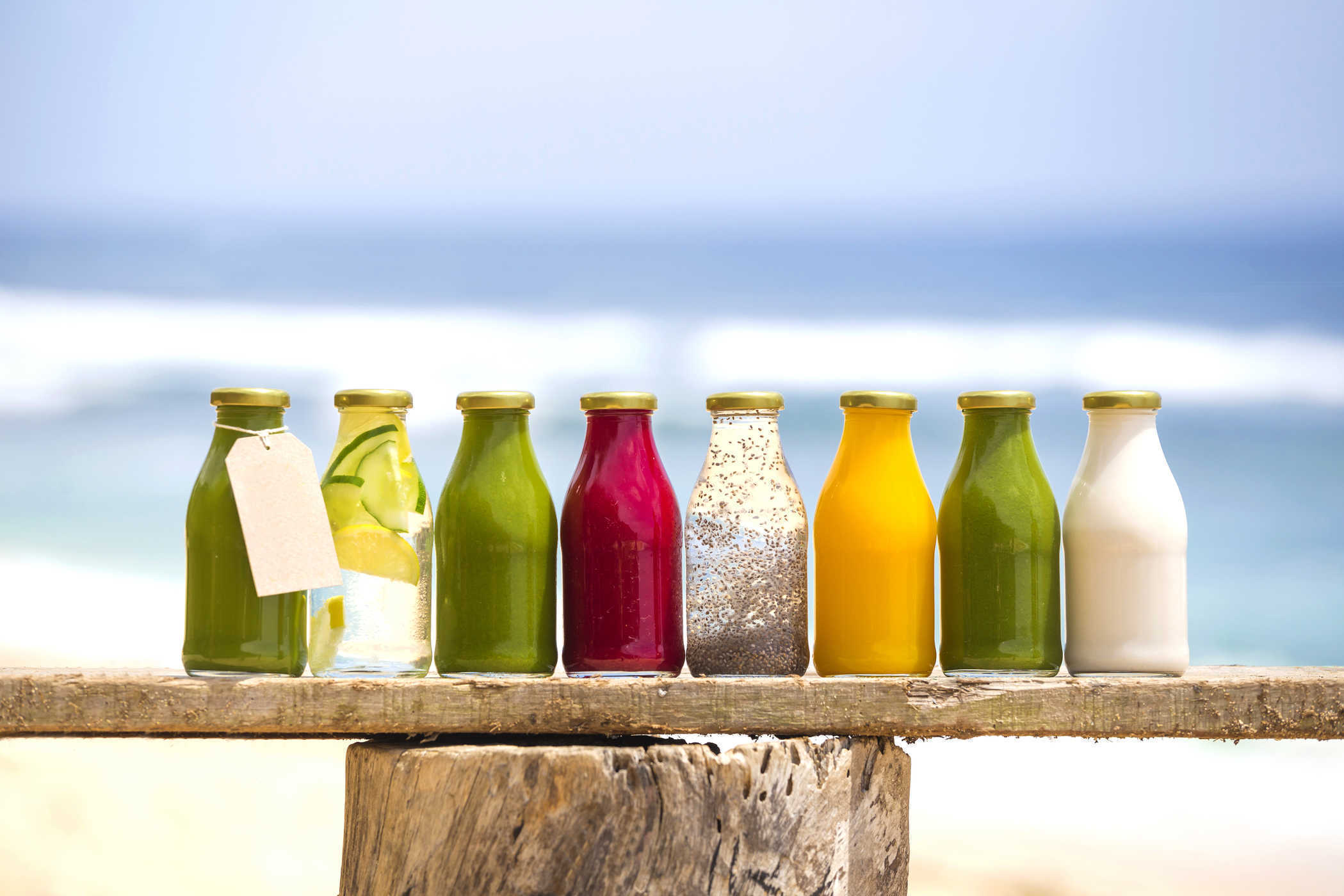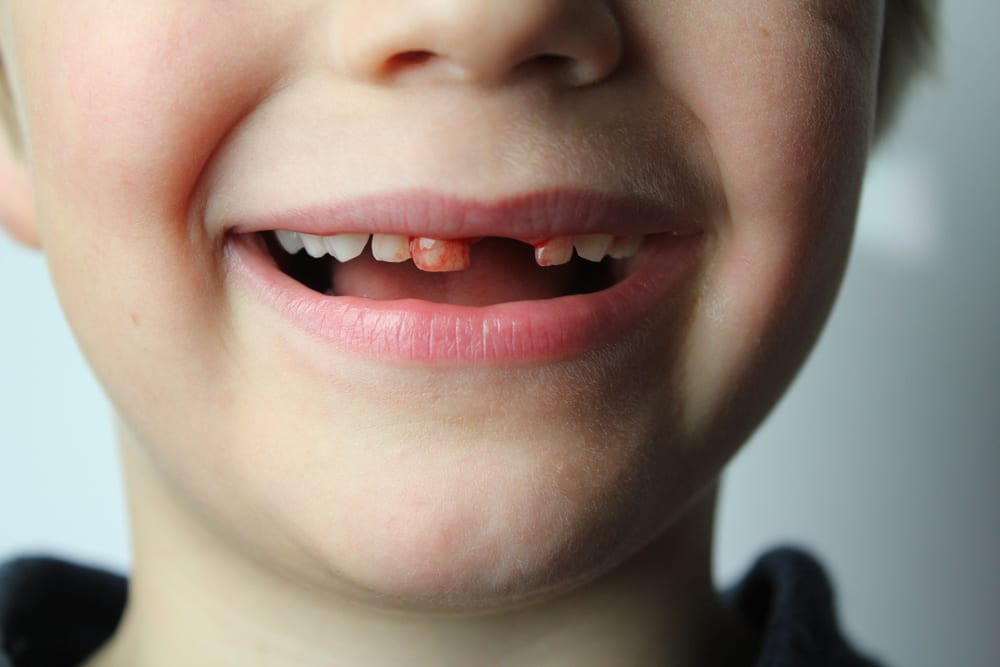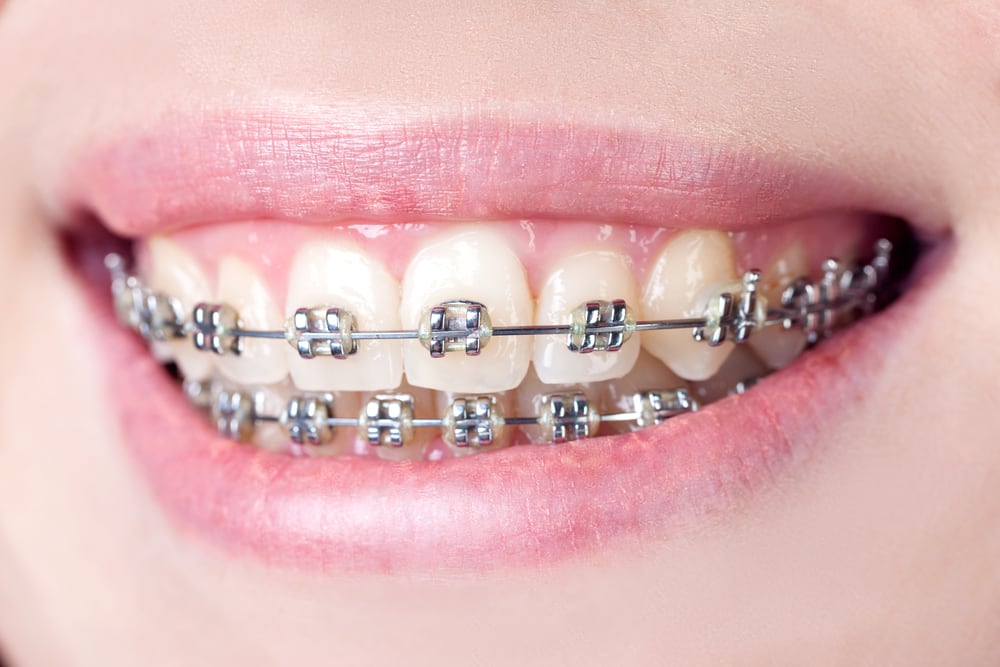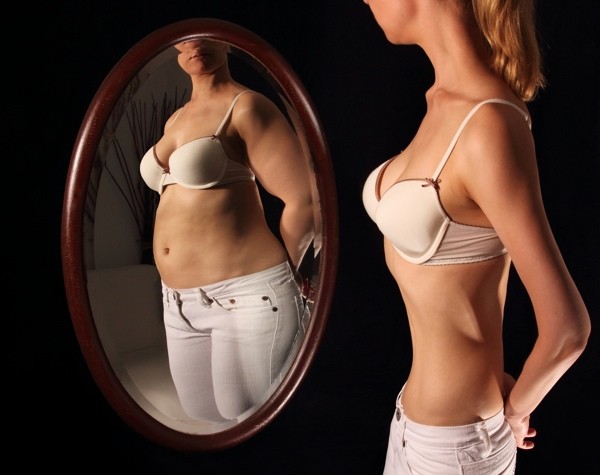Contents:
- Medical Video: 6 Ways to Be Healthy on a Budget
- 1. Cereal with added sugar
- 2. Wheat bread
- 3. Frozen yogurt
- 4. Skimmed and low-fat milk
- 5. Energy drinks, smoothies and packaged juices
- 6. Dried fruits
Medical Video: 6 Ways to Be Healthy on a Budget
Healthy and lifestyle trends clean eating which is loved by many people in the last few years you can find easily in various supermarkets and large malls. The proof, healthy food products equipped with "organic", "low fat" jargon, "without added sugar", to "without preservatives and artificial sweeteners" are listed in various products.
But be careful, many foods labeled "healthy" that we consume everyday are actually not as healthy as what you have always believed. If you go deeper into the nutritional information printed on the product label or investigate what is actually contained in the food behind all the "healthy" labels, you will find out that some of these foods are actually not very healthy.
1. Cereal with added sugar
Cereal is one of the practical breakfast menus that is a favorite of many people. Moreover, cereal is also claimed to be a healthy food. This is not entirely wrong, but most instant cereals sold in supermarkets contain very high sugar.
So even with snacks granola bar who generally do not get fiber from native wheat or beans, because most of them take fiber from chicory root extract, a bland plant that is rich in fiber content. Fiber fortification contained in energy bars is a fiber that is not easily dissolved.
Solution: If you want to eat food or instant snacks but have health benefits, try choosing a good snack product with nuts or fruits, such as SOYJOY. SOYJOY made from soybeans that are high in fiber and protein, so that slowly digested in the body provides a longer satiety effect.
2. Wheat bread
Not all wheat bread contains pure whole wheat (whole wheat), even products that have "multi-grain" or "seven-grain" berries can still contain processed flour.
"Multi-grain" bread only shows that the bread is made of a lot of grain, does not state how many stages of the processing are passed. Processed wheat has gone through so many factory processes, and the content of good bacteria, fiber, vitamins and minerals is also wasted, leaving only simple carbohydrates that can increase your blood sugar levels and increase body weight.
Furthermore, many wheat bread products contain hydrogenated oils, artificial sweeteners, fructose (corn sugar), preservatives, and coloring.
Solution: Look at the nutrition table in the product packaging and make sure the first ingredients listed are "whole wheat" (whole wheat) or "whole seeds" (whole grain) Generally, the first composition of the ingredients listed has the largest portion of the product.
3. Frozen yogurt
Frozen yogurt like never died from year to year. Moreover, many fro-yo products now claim to contain antioxidants and detoxification from various natural active ingredients, such as charcoal bamboo. Even though, even if you choose the taste plain, the sugar content in 1/2 cup frozen yogurt can reach 25 grams, even before you add your favorite topping.
Solution: your own version of fro-yo at home with plain greek yogurt (low fat or nonfat) topping with fresh fruit slices, granola, chia seeds, and / or honey.
4. Skimmed and low-fat milk
Milk skim and low-fat contain fewer calories, but fresh cow's milk contains more saturated and monounsaturated fats that help you fill longer and support metabolism. Skim milk and low-fat milk also have less content of vitamins A, D, E, and K when compared to whole milk without processed milk.
Skim milk producers also add milk powder to equalize the texture of skim milk with cow milk that has just been milked. The process of adding milk powder involves oxidized cholesterol, which is far more damaging to your arteries than cholesterol in general.
Reporting from Muscle and Fitness, a number of studies have proven that low-fat and nonfat milk has a higher risk of child obesity compared to ordinary cow's milk.
5. Energy drinks, smoothies and packaged juices
Even though energy drinks, juices, and smoothies are packed with healthy nutrients such as vitamins, minerals, and antioxidants, still the "healthy" thirst-releasing drinks sold in packs are usually high in sugar content.
The juice process extracts all fiber in fruits and vegetables that can help you feel full, and contains high amounts of sugar in one small package, can reach 50 grams per serving, and most of this sugar comes from fruits. Even though this is natural sugar, it is still good to consume as much sugar in one time for your body.
Solution: If you really want to drink bottled juice, check the composition label and nutritional table. Make sure your packaging drink does not contain more than 15 grams of carbohydrate per one serving. Ideally, good juice or smoothies have a ratio of 1 portion of fruit and the rest are vegetables.
6. Dried fruits
Fresh fruit is proven to be good for health. How about dried fruits?
Producers of dried fruits use sulfur dioxide to maintain the freshness of the fruit and add sugar to improve its taste. Indeed, dried fruit still contains vitamins, minerals and fiber that are good for you, but the artificial sweetness of dried fruit will trick you into snacking more and more often, which is not good for health.
So, dried fruits, like raisins or sultanas, are actually the same as a packet of sweets.












